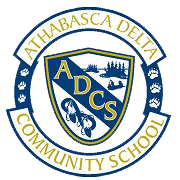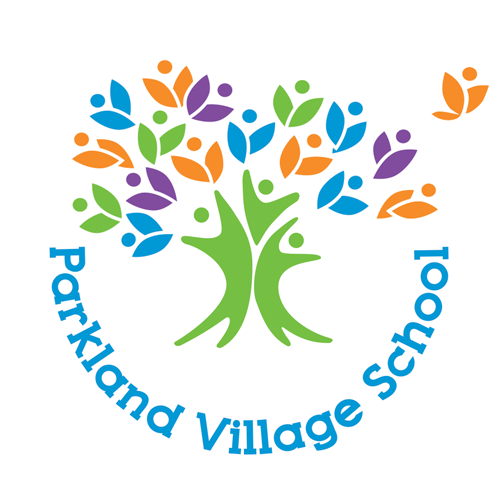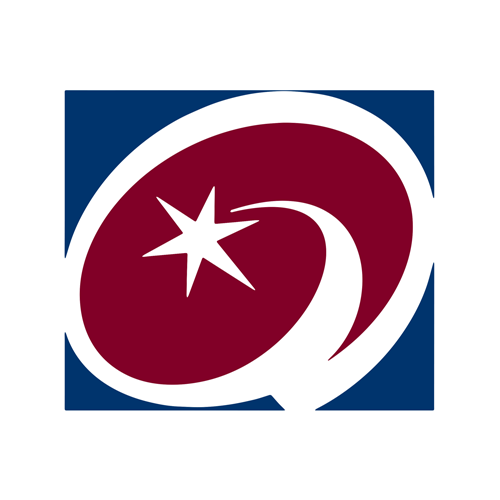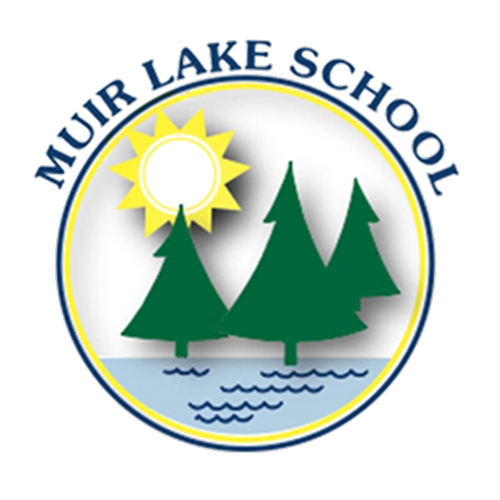AP 700: General Principles for Health and Safety
Health & Safety
Background
The Superintendent is committed to providing a welcoming, caring, respectful, and safe learning and working environment for students, staff members, volunteers, and the general public. A key component of this commitment is the development and implementation of safety and accident prevention programs that foster health and safety across the division. Instruction and training for students and staff are essential elements of these programs, as they encourage safe working practices and support effective responses in the event of an accident. These measures collectively reinforce a culture of safety and responsibility that supports the well-being of all members of the school community.
Procedures
1. Under the Occupational Health and Safety Act and its regulations, all staff members have the responsibility to ensure the health and safety of students, themselves and their colleagues.
2. All Division administrators, staff and contractors shall comply with all relevant Health and Safety legislation.
3. All Division personnel and contractors shall complete annual training and hazard assessments, in accordance with their assigned roles and responsibilities, within the timelines established by the Division.
4. All Division personnel and contractors shall comply with the Workplace Hazardous Materials Information System (WHMIS) standards.
4.1. All Division personnel and contractors who, as a part of their duties, either use or may be exposed to hazardous chemicals shall take a WHMIS and a Transportation of Dangerous Goods training session.
5. The Principal shall ensure that procedures and response plans are developed responding to medical or safety incidents that occur in the school environment.
6. The establishment and maintenance of safe learning and working conditions shall be a primary consideration for supervisors and staff.
With respect to Worksite Related Injuries
7. Any staff member shall report to their immediate supervisor any injury caused by an accident while carrying out their duties to the Division and complete the necessary forms in accordance with Division requirements.
7.1. The supervisor shall report such accident injury to the Superintendent or designate; and
7.2. Any staff member covered by workers’ compensation who is injured while carrying out his/her duties to the Division shall, within the specified time, fill out any forms required under workers’ compensation.
With respect to Classroom Laboratory Environments
8. All students in laboratory courses shall receive and demonstrate proficiency in safety training instruction prior to engaging in laboratory activities.
9. Each Principal shall develop and/or ensure processes and guidelines that prescribe the rules of safe operation of all laboratories within the school.
Such processes shall address:
9.1. Safe and secure storage, annual checking, and disposal, where needed, of chemicals;
9.2. WHMIS labeling of all chemicals;
9.3. Safe and secure storage and use of laboratory equipment;
9.4. Safe use of natural gas and security when gas is not in use;
9.5. Appropriate teacher supervision of students in all laboratory activities;
9.6. The training of staff in the use and maintenance of safety equipment, and the use and hazards of any equipment or chemicals they may use as well as the safety requirements of any procedure or activity they may use;
9.7. The training of students in any safety procedures relevant to the work they are doing; and
9.8. Any other measures required to ensure the safety of students and staff in any school laboratory.























